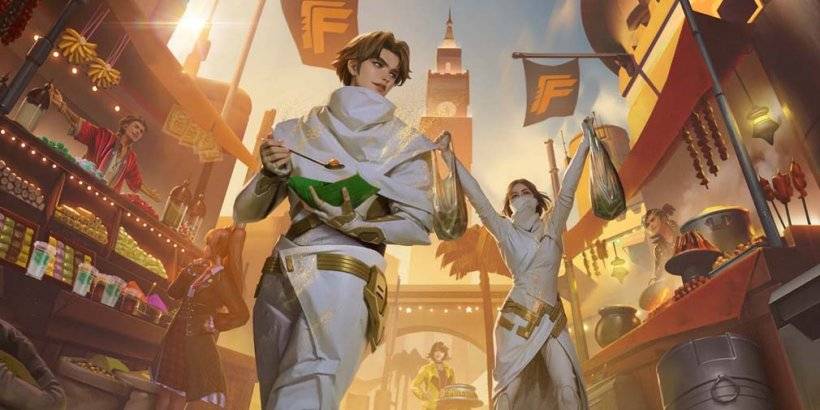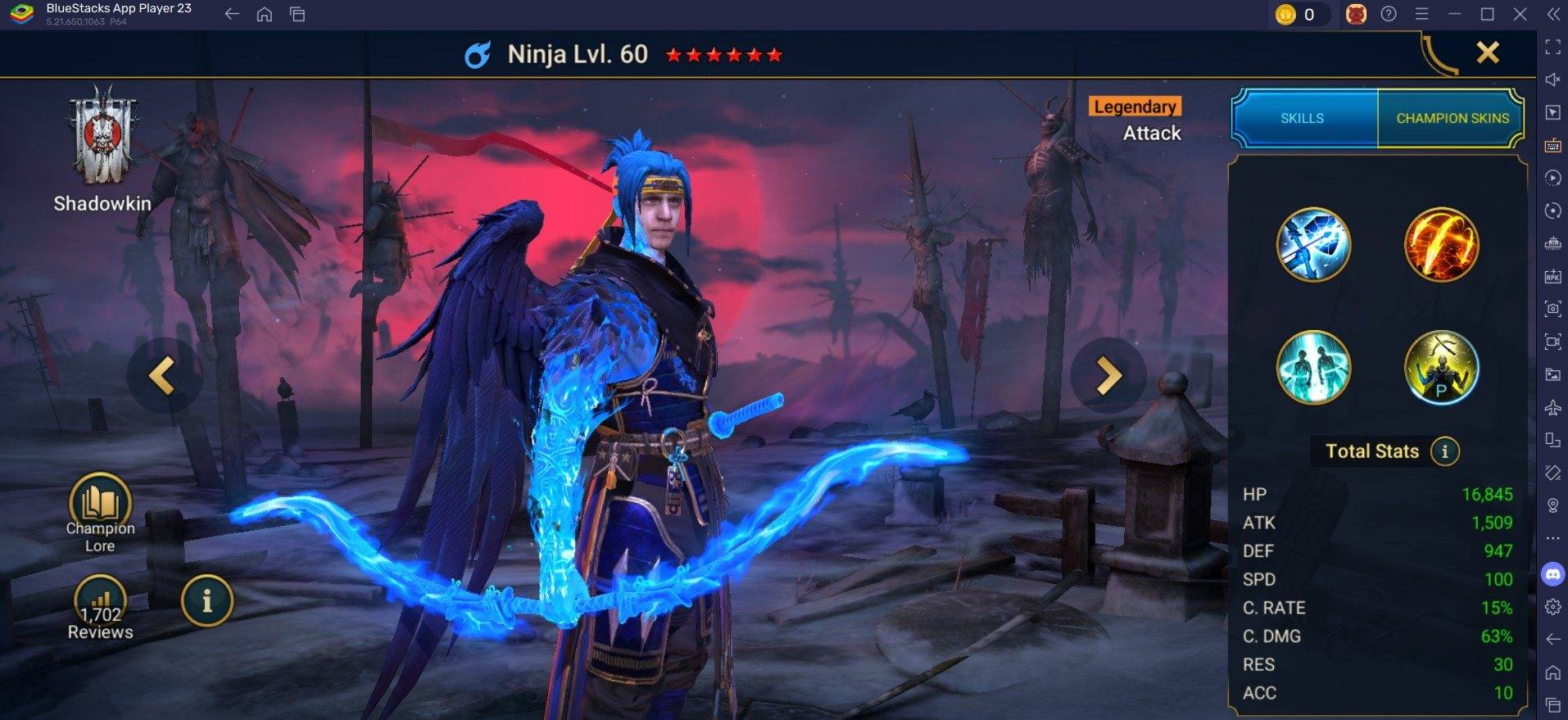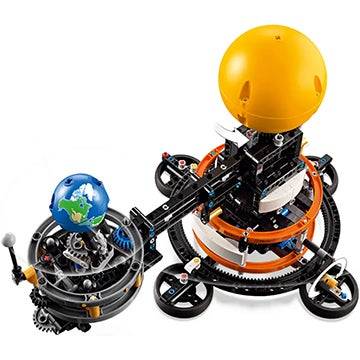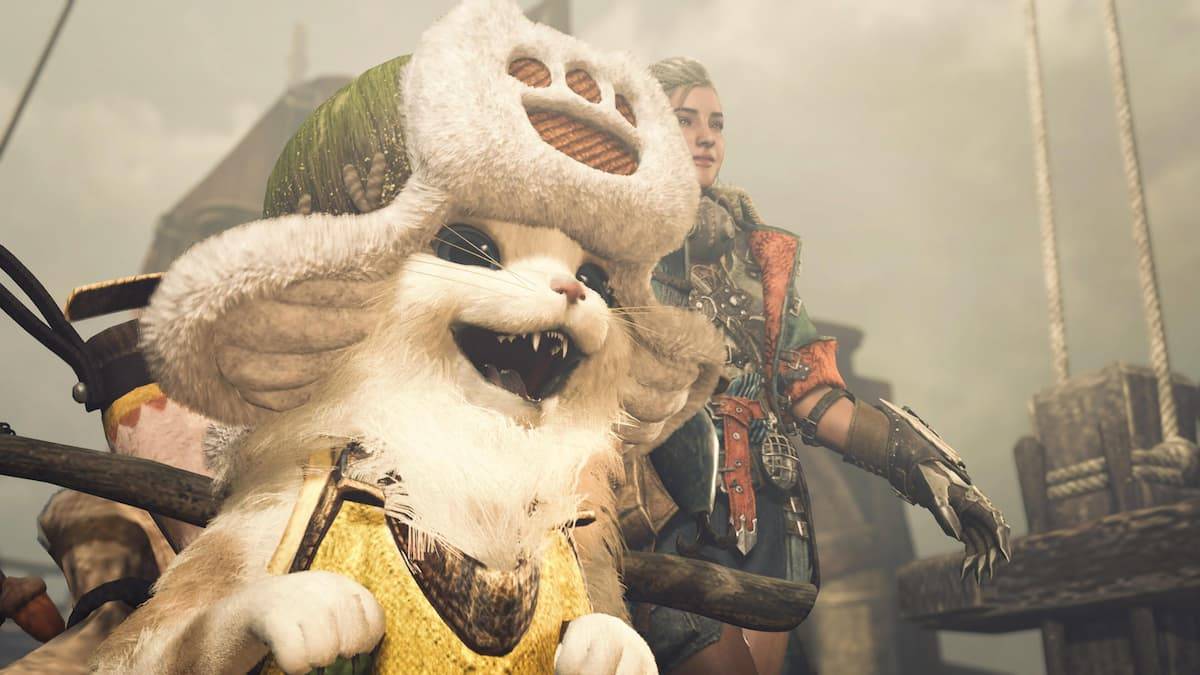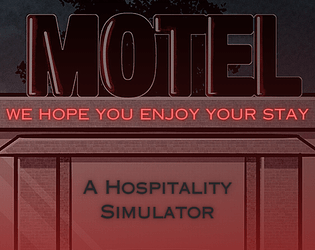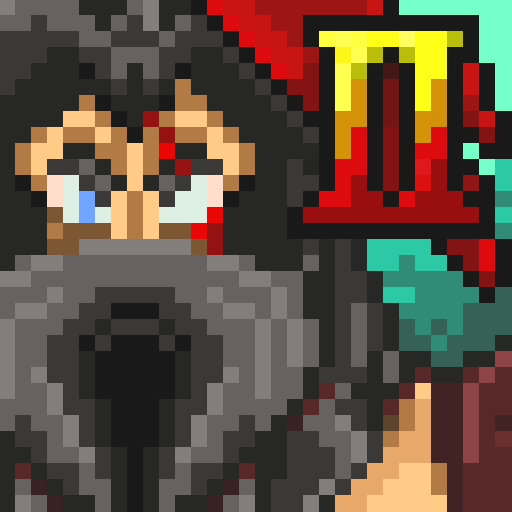Former PlayStation executive Shuhei Yoshida has expressed his reservations about Sony’s controversial push into live service video games. In an interview with Kinda Funny Games, Yoshida, who served as President of SIE Worldwide Studios for Sony Interactive Entertainment from 2008 to 2019, revealed that Sony was always aware of the risks associated with investing in live service games.
Yoshida's comments come at a critical time for PlayStation’s live service initiatives. While Arrowhead’s Helldivers 2 achieved unprecedented success, selling 12 million copies in just 12 weeks and becoming the fastest-selling PlayStation Studios game to date, other Sony live service projects have faced significant challenges. Notably, Sony's Concord turned out to be a major disappointment, surviving only a few weeks due to dismal player engagement before being taken offline. The subsequent decision to cancel the game entirely and close its developer marked a costly setback for Sony, with Kotaku reporting an initial development investment of around $200 million, excluding additional costs for IP rights and the acquisition of Firewalk Studios.
The failure of Concord followed the cancellation of Naughty Dog’s The Last of Us multiplayer game and recent reports of two unannounced live service projects being scrapped, including a God of War title from Bluepoint and another from Bend Studio, the developers of Days Gone.
Reflecting on his tenure, Yoshida, who recently left Sony after 31 years, suggested that if he were in the position of current Sony Interactive Entertainment Studio Business Group CEO Hermen Hulst, he would have resisted the shift towards live service games. He emphasized the importance of maintaining a balance between developing new single-player titles and experimenting with live service offerings.
“For me, I was managing this budget, so I was responsible for allocating money to what kinds of games to make,” Yoshida explained. “If the company was considering [going] that way, it probably didn’t make sense to stop making another God of War or single-player game, and put all the money into the live service games. However, what they did when I left and Hermen [Hulst] took over is the company gave us a lot more resources. I don’t think they told Hermen to stop making single-player games. [They said] ‘these games are great, keep doing that, and we’ll give you additional resources to work on these live service games and try it.’”
Yoshida acknowledged the inherent risks in the live service genre, noting that success is difficult to predict but crucial for growth. He pointed to Helldivers 2 as an unexpected success, highlighting the unpredictable nature of the gaming industry. “I’m sure they knew it was risky. The chance of a game becoming successful in this hugely competitive genre would be small. However, the company, knowing that risk, gave Hermen the resources and chance to try it. I think that’s the way they did it. In my mind, that’s great, and hopefully some games will become successful. Luckily, Helldivers 2 did so well. Nobody expected that. So you can’t plan a success in this industry. That’s the most fun part of this business. I hope that this strategy will work in the end. If I was in Hermen’s position, probably I would’ve tried to resist that direction. Maybe that’s one of the reasons they removed me from the first-party!”
In a recent financial call, Sony president, COO, and CFO Hiroki Totoki admitted that the company had learned valuable lessons from both the remarkable success of Helldivers 2 and the failure of Concord. Totoki highlighted the need for earlier development checkpoints, such as user testing and internal evaluations, to identify and address issues before a game's launch. “Currently we are still in the process of learning,” Totoki said. “Basically, with regards to new IP, of course you don’t know the result until you actually try it. So for our reflection, probably we need to have a lot of gates, including user testing or internal evaluation, and the timing of such gates, we need to bring them forward. We should have done those gates much earlier than we did.”
Totoki also criticized Sony’s “siloed organization” and the timing of Concord’s release, which coincided with the launch of the highly successful Black Myth: Wukong on PS5 and PC. This proximity may have led to market cannibalization. “We have a siloed organization, so going beyond the boundaries of those organizations in terms of development and also sales, I think that could have been much smoother,” Totoki noted. “And then going forward, in our own titles and in third-party titles, we do have many different windows. And we want to be able to select the right and optimal window so that we can deploy them on our own platform without cannibalisation, so that we can maximize our performance in terms of title launches.”
During the same financial call, Sony senior vice president for finance and IR Sadahiko Hayakawa compared the launches of Helldivers 2 and Concord, emphasizing the importance of sharing lessons learned across Sony’s studios. “We launched two live service games this year,” he said. “Helldivers 2 was a huge hit, while Concord ended up being shut down. We gained a lot of experience and learned a lot from both. We intend to share the lessons learned from our successes and failures across our studios, including in the areas of title development management as well as the process of continually adding expanded content and scaling the service after its release so as to strengthen our development management system. We intend to build on an optimum title portfolio during the current mid-range plan period that combines single-player games — which are our strengths and which have a higher predictability of becoming hits due to our proven IP — with live-service games that pursue upside while taking on a certain amount of risk upon release.”
Looking forward, Sony continues to have several live service projects in development, including Bungie’s Marathon, Guerrilla’s Horizon Online, and Haven Studio’s Fairgame$.

 LATEST ARTICLES
LATEST ARTICLES 